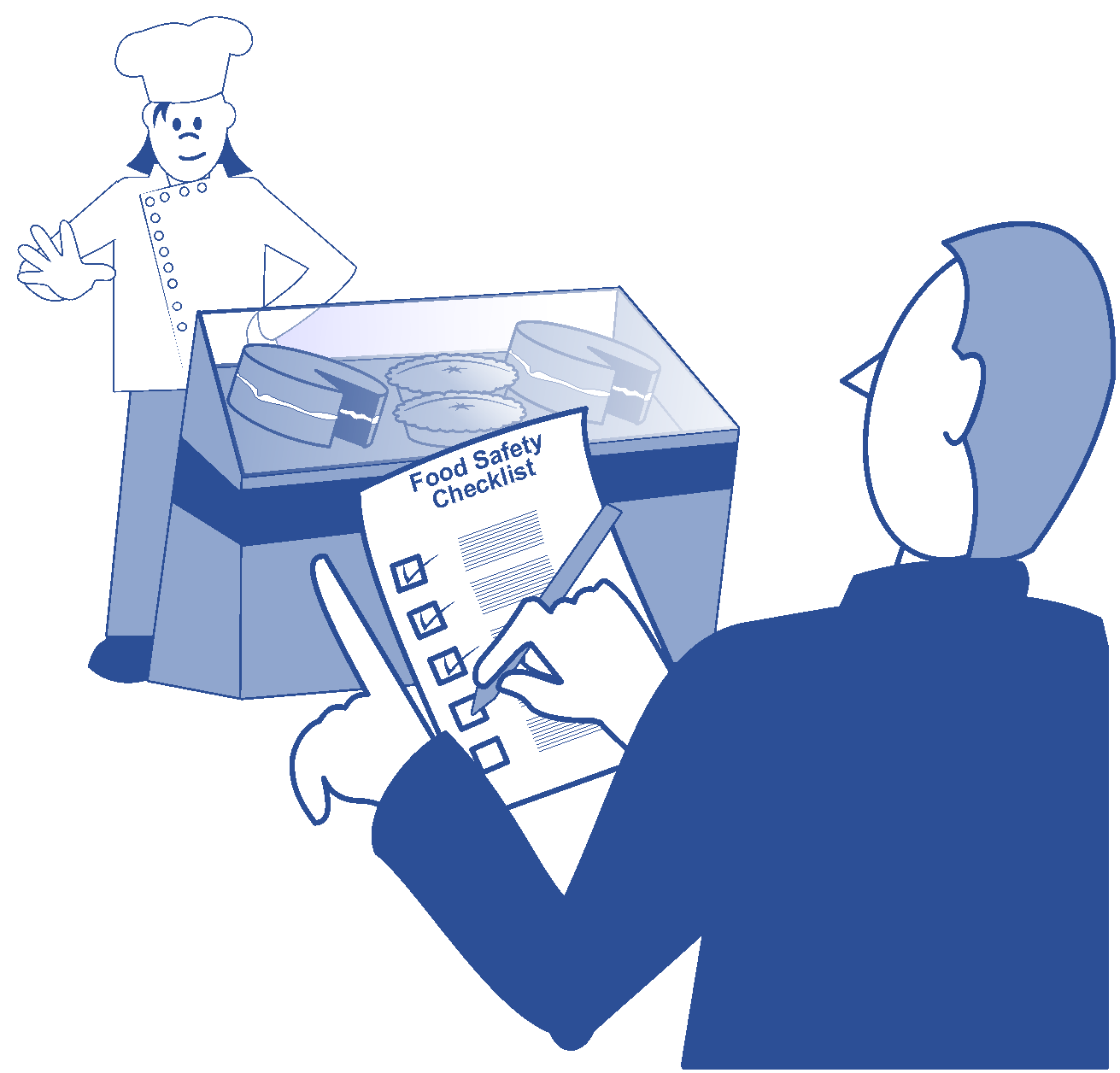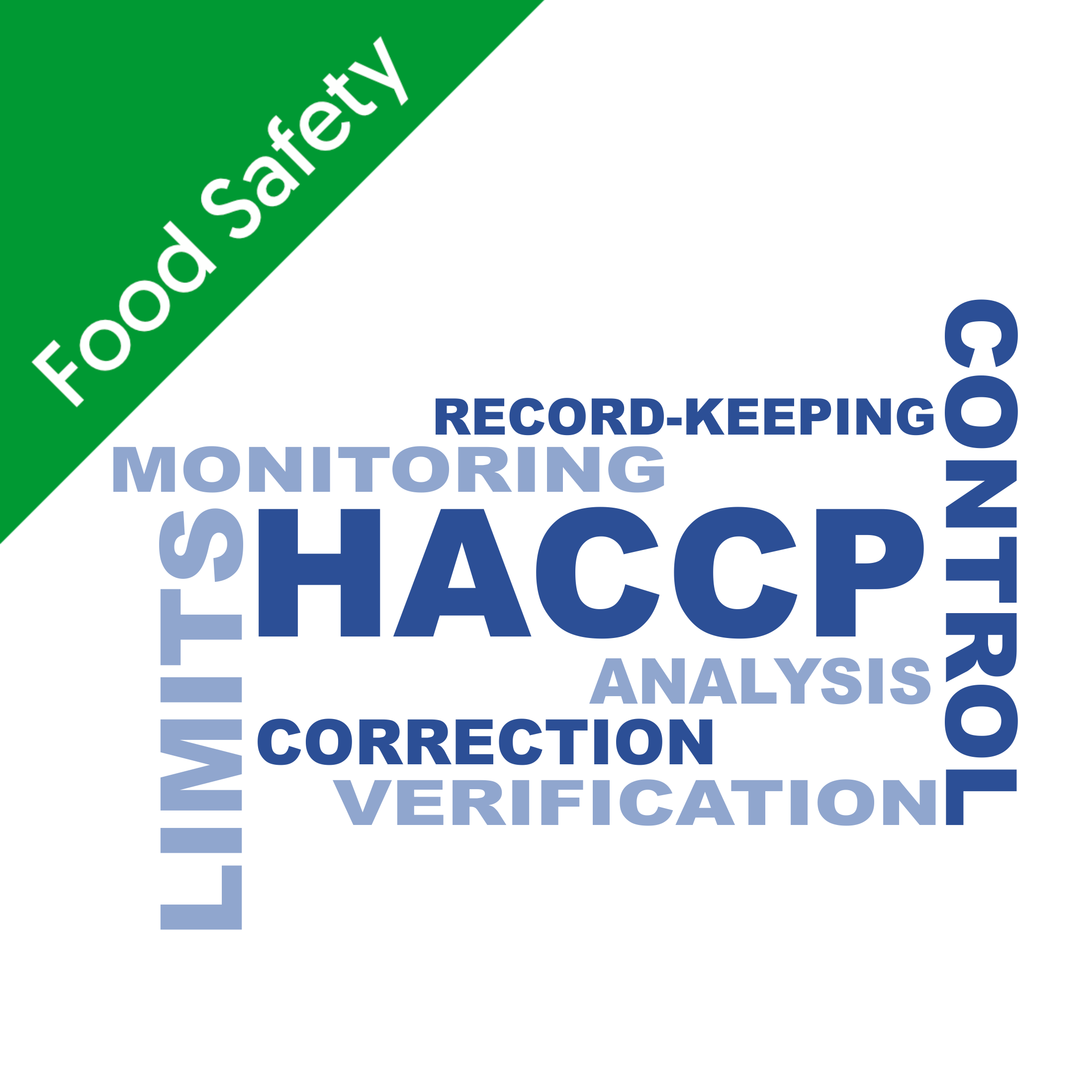Do I need a food hygiene certificate?
Food safety law requires food businesses to provide their food handlers with supervision and training that is appropriate for the work they do. It does not make it a legal requirement for those who handle food to attend a formal training course or get a food hygiene certificate.
Despite this, formal training courses and food certificates are an effective way of ensuring and demonstrating that staff members have received relevant training that meets food safety law and is up-to-date.
What food hygiene certificate do I need?
The specific food hygiene certificate a person needs will depend on their role:
- A Level 1 food hygiene course is appropriate for those that handle food that is wrapped or has been prepared by someone else, such as waiters.
- A Level 2 food hygiene course is appropriate for those that handle or produce high-risk foods, such as cooks, chefs, bakers and butchers.
Those that have additional responsibilities should take any training required to make sure that they can fulfil these responsibilities appropriately. For example, those responsible for creating a food safety management system should take a training course in the principles of HACCP, TACCP and VACCP.
How long does a food hygiene certificate last?
Food hygiene certificates do not have an expiry date, and there is no formally recognised requirement to retrain after a certain period of time. However, we recommend that anyone who has obtained a food hygiene certificate retrains after three years to ensure that their knowledge is relevant and up-to-date.
Do I need a certificate to sell food?
While it is not a strict legal requirement, it is strongly recommended that anyone who sells food obtains a food safety certificate. This includes anyone who handles food but does not prepare it, as there are still a number of relevant food safety requirements that they must be made aware of.
Do I need a food hygiene certificate to sell sweets?
Most people who sell sweets should obtain a food hygiene certificate. A level 1 food safety course should be appropriate for those that only handle sweets that are packaged or have been pre-prepared, while a level 2 food safety course should be completed by those that make sweets or regularly handle loose sweets.
Do churches need a food hygiene certificate?
The answer to this question will vary depending on the specific activities that are taking place:
Do I need a food hygiene certificate to sell cakes?
Yes, most people who sell cakes should get a food safety certificate. Those that bake and prepare cakes should complete a level 2 food course, and those that exclusively handle packaged or pre-prepared cakes should complete a level 1 food course.
How do I find my food hygiene certificate?
The specific method of finding your food safety certificate will vary depending on the training provider used.
For those who have successfully completed a food safety and hygiene course with Commodious, your certificate can be downloaded at any time by logging into your account. You can also purchase a high-quality printed and posted certificate after completing the course from the same menu.
How do I get a food hygiene certificate?
There are a range of training providers that offer food hygiene certificates. At Commodious, we offer a wide range of online food hygiene certificates that are endorsed by the Institute of Hospitality and designed to suit different roles and responsibilities, including:
For more information on all of the food hygiene certificates we offer, click here.
How often should I renew a food hygiene certificate?
As previously mentioned, there is no formal requirement to renew a food hygiene certificate, but we recommend that they are renewed at least once every three years.









